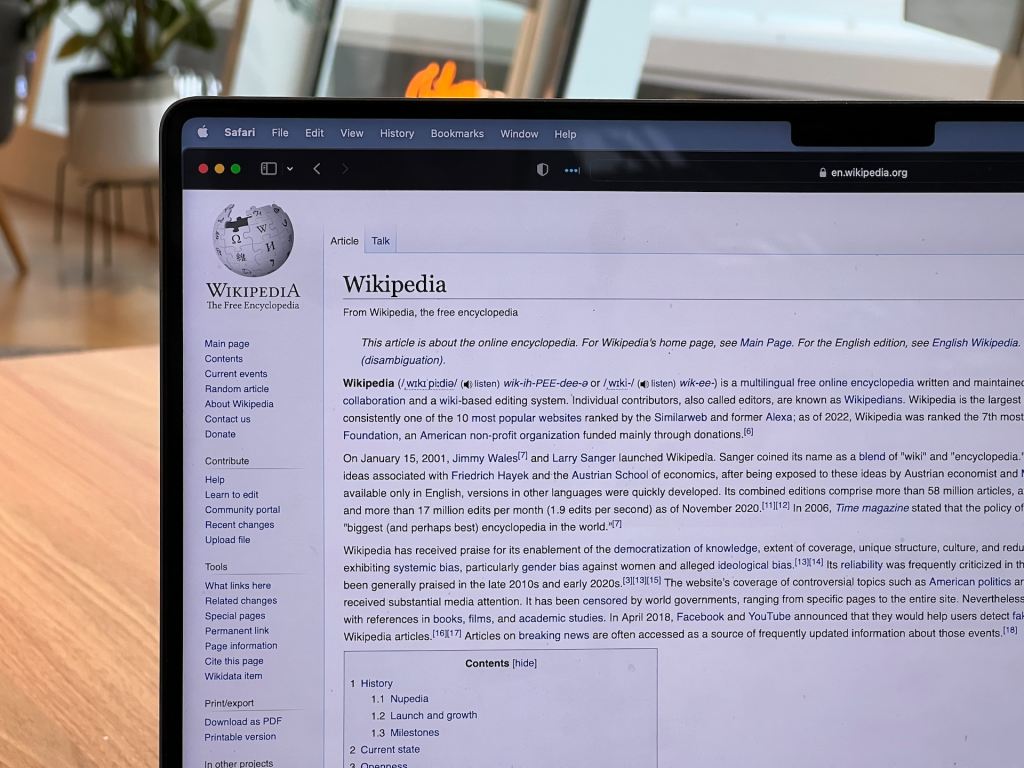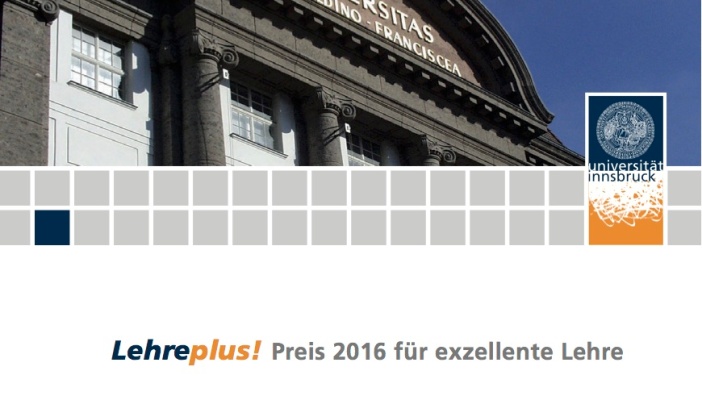
While most academics and journalists, just like everybody else, heavily relies on Wikipedia for both private and professional purposes, it is quite common in among both these groups to scold anyone who openly admits doing so. For example, many lecturers tend to make fun of students citing Wikipedia and pride themselves in educating them that “Wikipedia is not a source” and, thus, cannot be cited in a seminar paper.
I not only strongly disagree with both tone and substance of such statements, but I regularly have to deal with insecurity and uncertainty among students with respect to the proper use of Wikipedia. The following list presents the five main points I try to bring across in such situations.
Continue reading “Five points I tell my students about citing and using Wikipedia”



 Alle zwei Jahre werden an der Universität Innsbruck unter dem Titel “LehrePlus!” Preise für exzellente Lehre vergeben. In der Kategorie e-Learning wurde 2016 Leonhard Dobusch für seine wiki-basierte Lehrveranstaltung mit dem Titel “
Alle zwei Jahre werden an der Universität Innsbruck unter dem Titel “LehrePlus!” Preise für exzellente Lehre vergeben. In der Kategorie e-Learning wurde 2016 Leonhard Dobusch für seine wiki-basierte Lehrveranstaltung mit dem Titel “
